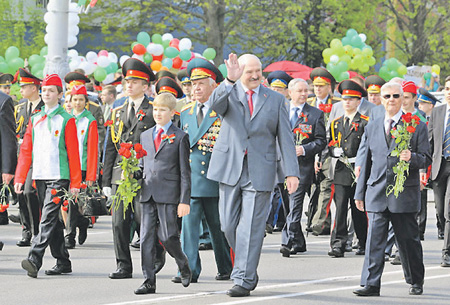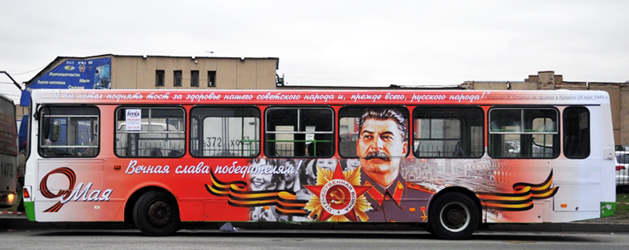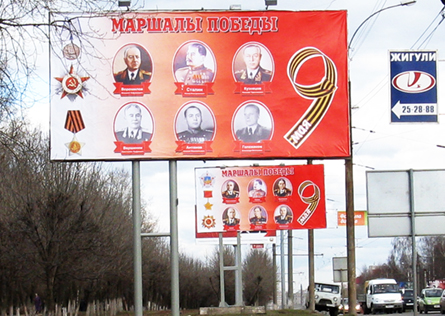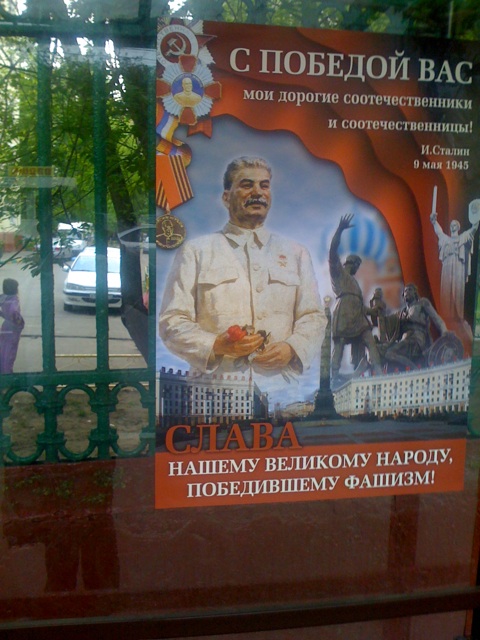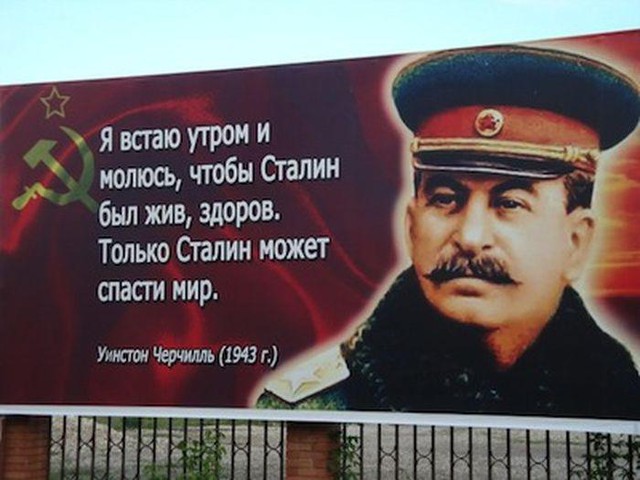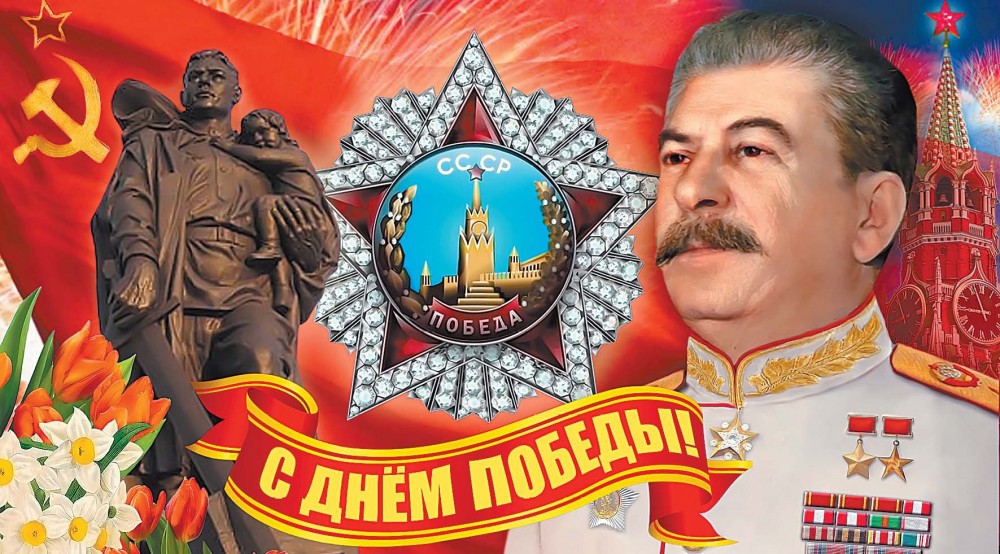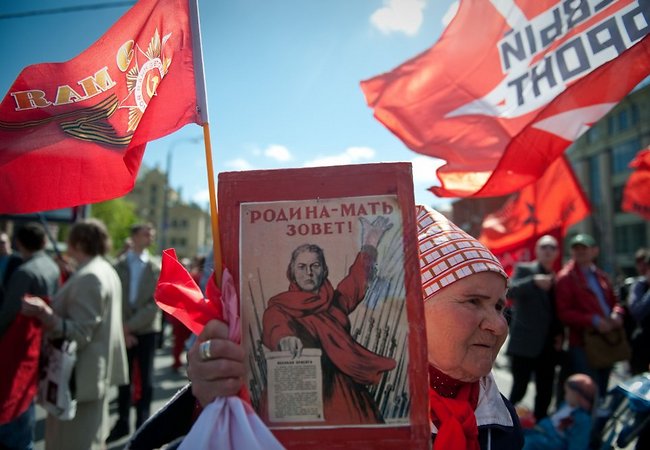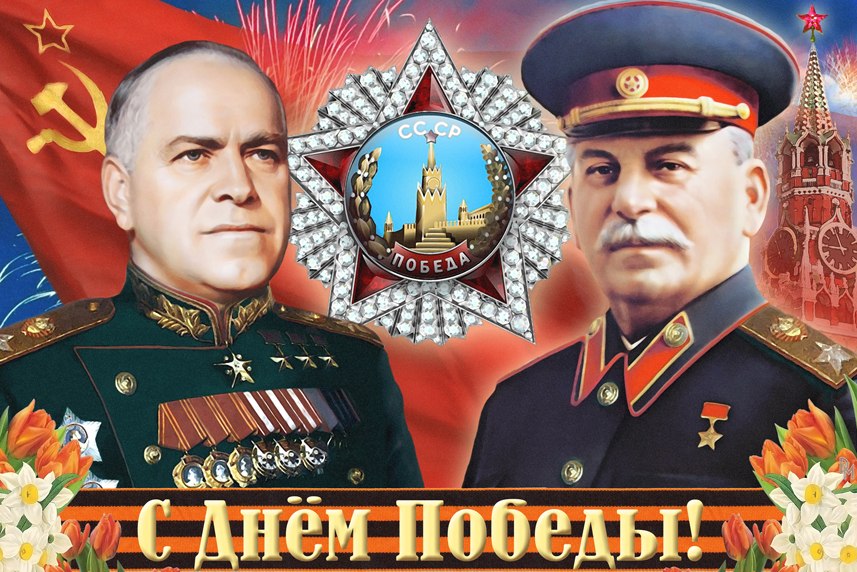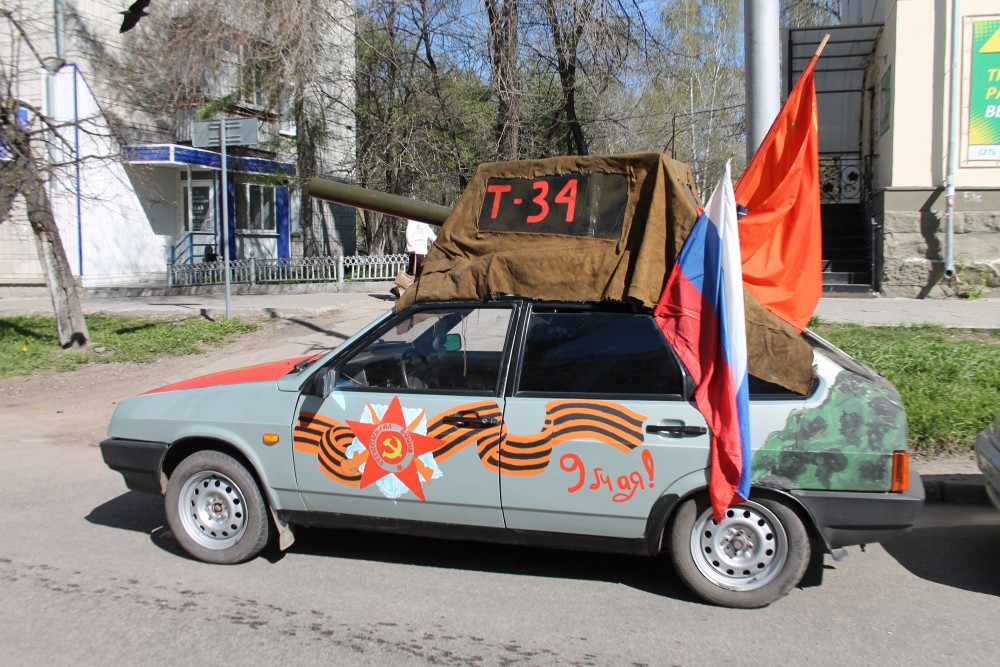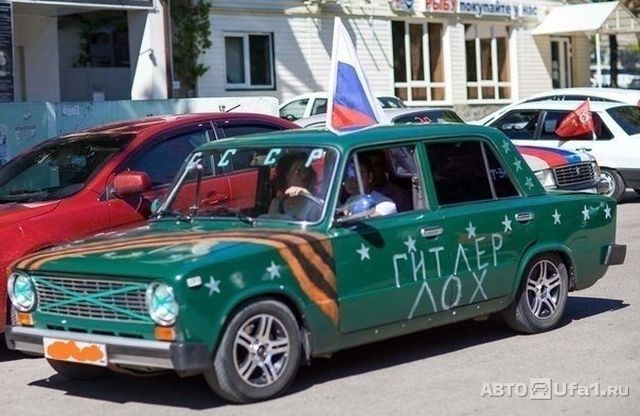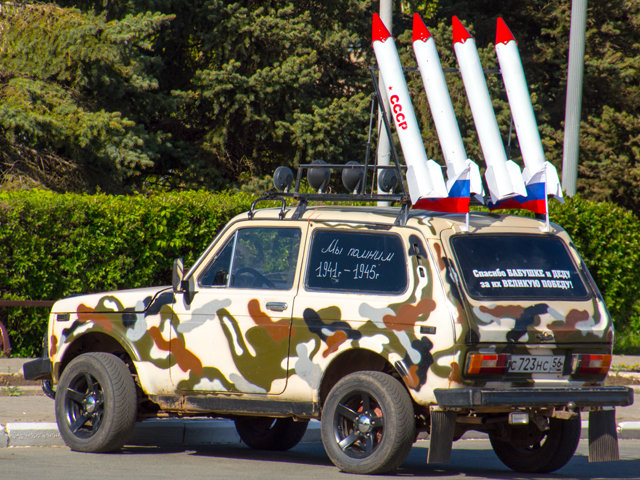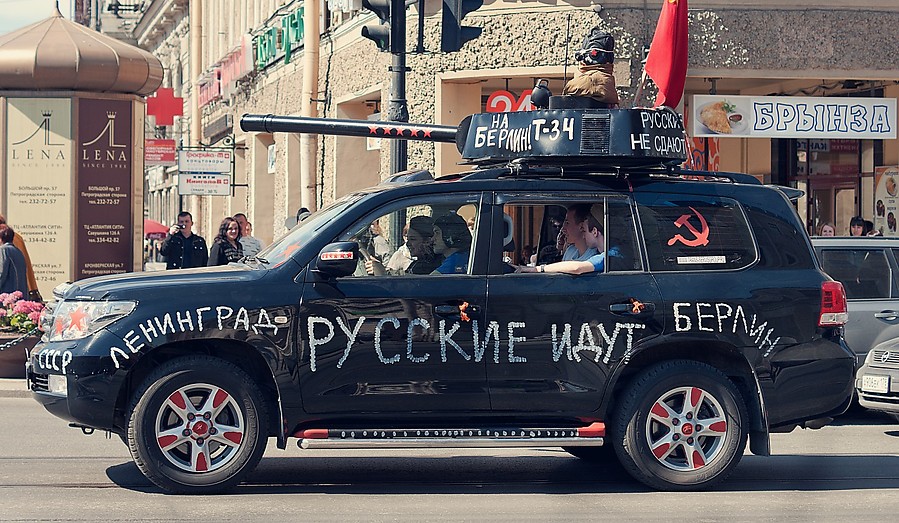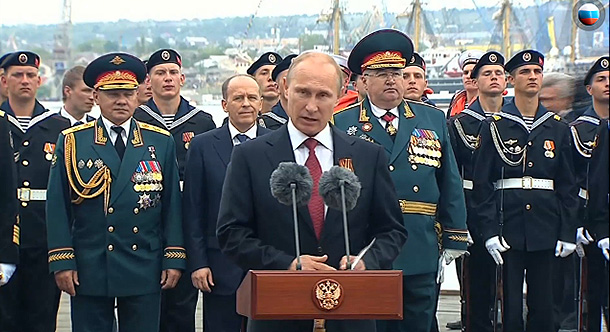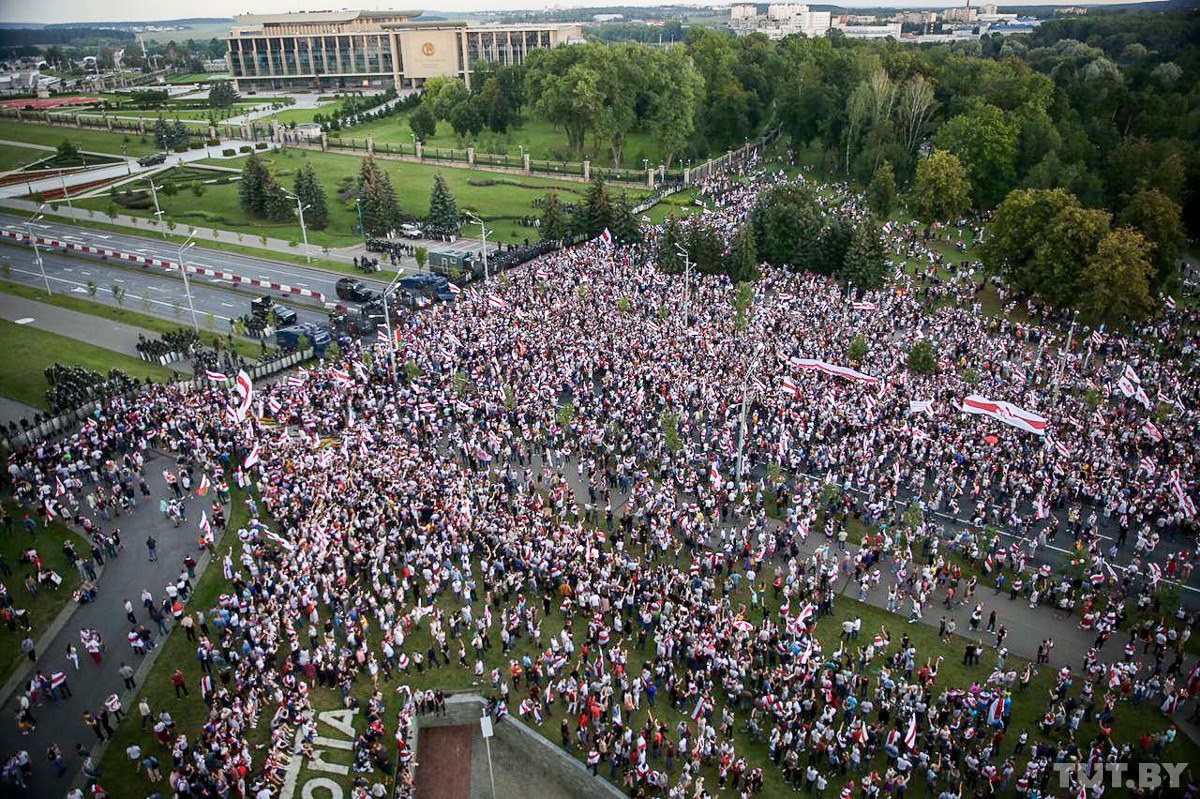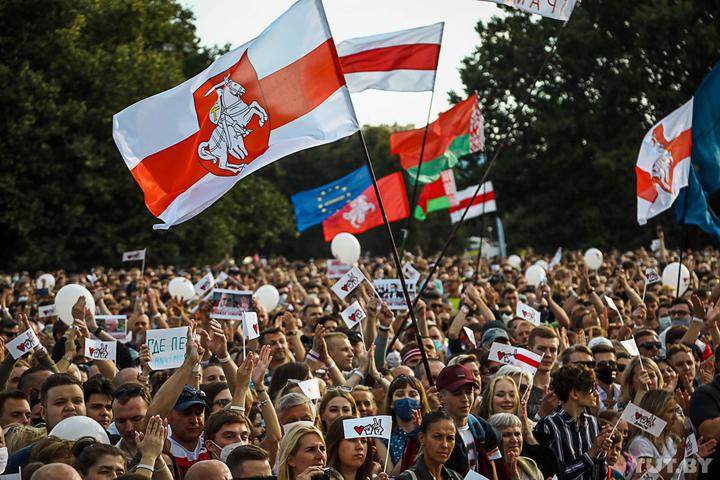The Western media have kept close track of the growing list of world leaders who won’t be attending Victory Day festivities in Moscow this year, but another trend that may be more important – the decision of Russia’s Commonwealth of Independent States (CIS) remaining partners no longer even to speak about what Russians call the Great Fatherland War – has attracted much less.
But as Svetlana Gamova of “Nezavisimaya gazeta” puts it, that change means that “Russia is losing the last and, if you like, the most important thing which connects it with the CIS countries – Victory in the Great Fatherland War,” a conflict the non-Russians in the CIS now prefer to call World War II.
While all of them will mark the date, they will do so at home rather than in Moscow and under their own colors rather than the black and yellow of the St. George ribbon, a decoration that she suggests “has become the simple of the splitting apart of the Commonwealth of Independent States.”
The Kremlin has tried to play down this trend, she continues, excusing Belarusian leader Alyaksandr Lukashenka’s decision to mark the anniversary in Mensk not Moscow, but “ordinary Russians as always have read between the lines: Lukashenka is openly distancing himself from Moscow,” something confirmed by his decision not to use the St. George ribbon.
“Many experts in the CIS countries suggest that this … is the result of the work of NGOs and Western embassies,” the Moscow journalist says, another example of the way in which many in that region seem incapable of accepting the idea that peoples and governments can ever act on their own.
Others, including Gamova herself, point to “the ineffective work or its complete absence by representatives of the Russian Federal Agency for CIS Affairs and Compatriots (Rossotrudnichestvo) and the International Foundation for Humanitarian Cooperation among the CIS Member States.
She says that officials in Moldova, Kyrgyzstan, Tajikistan and Kazakhstan say they know nothing about Rossotrudnichestvo or have heard “something about it” but can’t quite remember much. Moldovan parliamentarians, for example, say they have never met with its representatives, although they have heard about its work with Moldovan gastarbeiters in Russia.
The Russian government has allocated funds for this, she says, but things haven’t worked out. The money has gone for a few conferences and public celebrations but has not achieved the ends Moscow said it would. Neither Russians nor what she refers to as “’the titular nations’ of the CIS countries take it at all seriously.”

